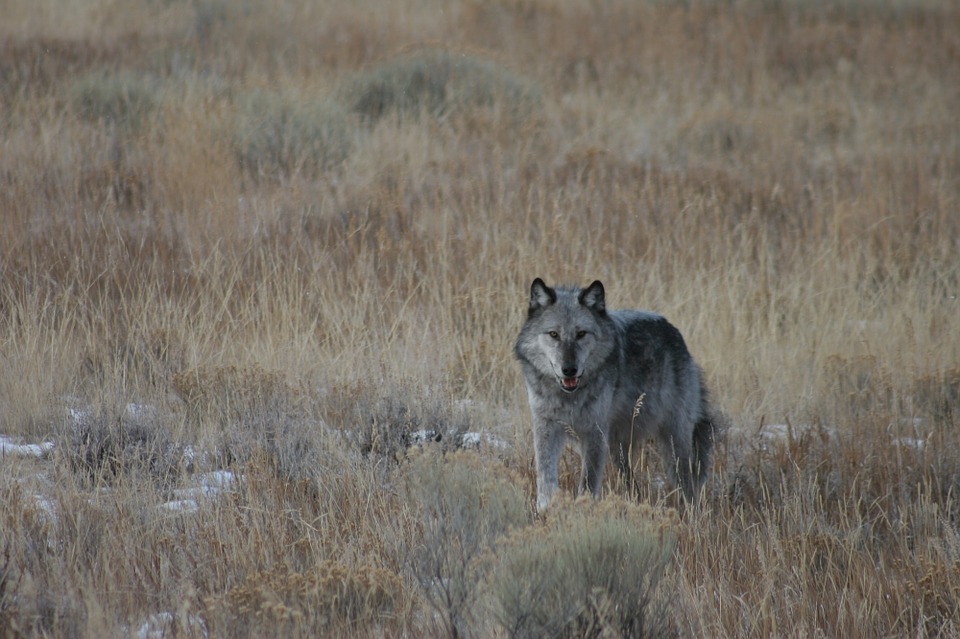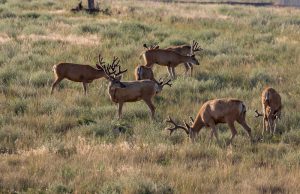In a delisting rule in 2012, the U.S Fish and Wildlife Service (USFWS) removed Wyoming’s wolves from under the protection of the Endangered Species Act. The decision was retracted not soon after when a federal District Court judge reinstated federal protection in 2014 after stating it was of their belief that the U.S. Fish and Wildlife Service acted arbitrarily in originally delisting the state’s wolves.
The decision was appealed by the state of Wyoming and the federal government and on March 3, 2017, a three-judge panel of the U.S. Court of Appeals for the District of Columbia ruled that the USFWS did not act arbitrarily, recognizing the true merit of Wyoming’s Wolf Management Plan.
The management plan places the state’s wolves in a dual classification system where wolves in the northwest region of the state are designated and managed as Trophy Game Animals, while wolves in the remaining areas of the state are designated as Predatory Animals. The plan also includes a dynamic ‘flex area’ which changes the classification of wolves through different times throughout the year. This provision was designed in an attempt to ensure genetic interchange with other wolf populations in the Northern Rocky Mountains.
“Wyoming’s wolf management plan is constructed to ensure the Wyoming Game and Fish Department has flexibility to adaptively manage wolves as conditions change,” Wyoming Game and Fish Department Chief Brian Nesvik said in a 2012 release.
Despite the recent ruling, wolf hunting is still on-hold in Wyoming as plaintiffs still have time to review the ruling during a follow-up period. Until the legal process is over, the wolves are still considered protected under the Endangered Species Act, but Nesvik and his team believe a 2017 hunting season could be coordinated quite easily.
“We believe it’s possible,” Nesvik told Cody Enterprise in an interview this week. “The earliest would be this coming fall.”
The state’s ability to institute a season comes from the experience drawn from two previous seasons in 2012 and 2013 while wolves were not under federal protection.




